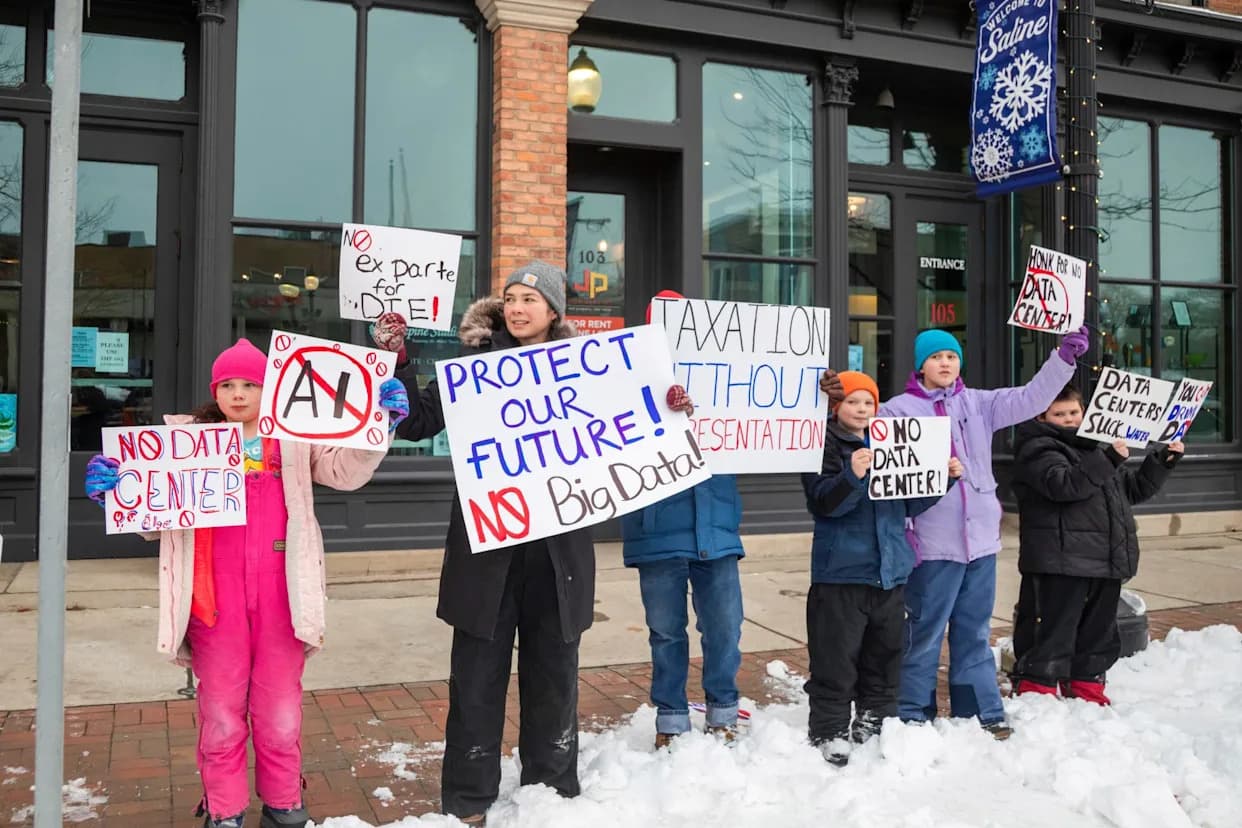Seventeen commenters on a Reddit thread suggested new laws that could help millions of Americans, covering elections, consumer data, worker protections and gambling controls. Ideas included adopting an Australia-style double dissolution for legislative deadlocks, setting an upper age limit for candidates, federally funded campaigns, and giving consumers ownership of their personal data. Other proposals urged a ban on gambling apps, rules preventing politicians from owning single-family rentals, tying politicians' pay to federal employees', and universal paid sick leave. Together, these suggestions reflect widespread frustration and a desire for practical reforms.
17 Ideas Americans Say Would Help Millions — From Banning Gambling Apps to Giving People Ownership of Their Data

Seventeen proposals from Americans for laws that could help millions
A Reddit thread collected suggestions from 17 Americans about new laws that don’t yet exist in the U.S. but could have wide-reaching benefits. The ideas span democratic reforms, consumer protections, labor rights and limits on the influence and holdings of elected officials. Below are the most discussed proposals and representative comments from the thread.
Electoral and governance reforms
- Double dissolution (inspired by Australia): If an upper chamber repeatedly blocks the same bill, both houses could be dissolved and a fresh election held. A commenter noted Australia last used this mechanism in 2016.
- Age limits for candidates: Several readers suggested imposing an upper age limit on when someone can last run for office, to ensure turnover and accountability.
- Federally funded elections: To reduce private influence, one person proposed federal funding for campaigns so candidates don’t have to rely on large private donations.
- Rules tying politicians' pay to federal employees: Ideas included not paying politicians if federal employees aren’t paid, or preventing Congress from adjourning during pay disputes.
Consumer rights and data
A recurring theme was shifting power back to individuals.
- Consumer ownership of personal data: One suggestion said companies should not own consumer data — individuals should, and companies would pay for access and obtain the right to revoke it at any time.
Gambling, mobile games and addiction
Several commenters called out the role of mobile apps in enabling addictive gambling-like behavior:
"Ban gambling apps — they're literally a casino in your palm." — kayatr0n
"Candy Crush walked so DraftKings could run." — danielstover
A mobile-game developer in the thread warned that some players have spent more than $100,000 on in-app purchases, with devastating personal consequences.
Housing and conflicts of interest
To avoid conflicts between public office and private profit, one commenter proposed banning politicians from owning single-family rental housing or other speculative residential holdings.
Worker protections
Many readers demanded universal paid sick leave, noting the pandemic exposed major gaps. One comment captured the sentiment: after a global health crisis, it’s unacceptable that most states still lack meaningful paid sick leave policies.
Enforcement matters
A former police officer reminded readers that having laws on the books is only part of the solution — enforcement and judicial willingness to prosecute also determine whether laws make a real difference.
What these ideas reflect
Taken together, the proposals show public frustration with current systems and a desire for reforms that deliver tangible protections: fairer elections, stronger worker rights, protections against addictive technologies, clearer limits on conflicts of interest, and stronger consumer control over personal data. Some suggestions are high-level and would require substantial legal and political work; others could be piloted at state or federal levels.
Help us improve.


































